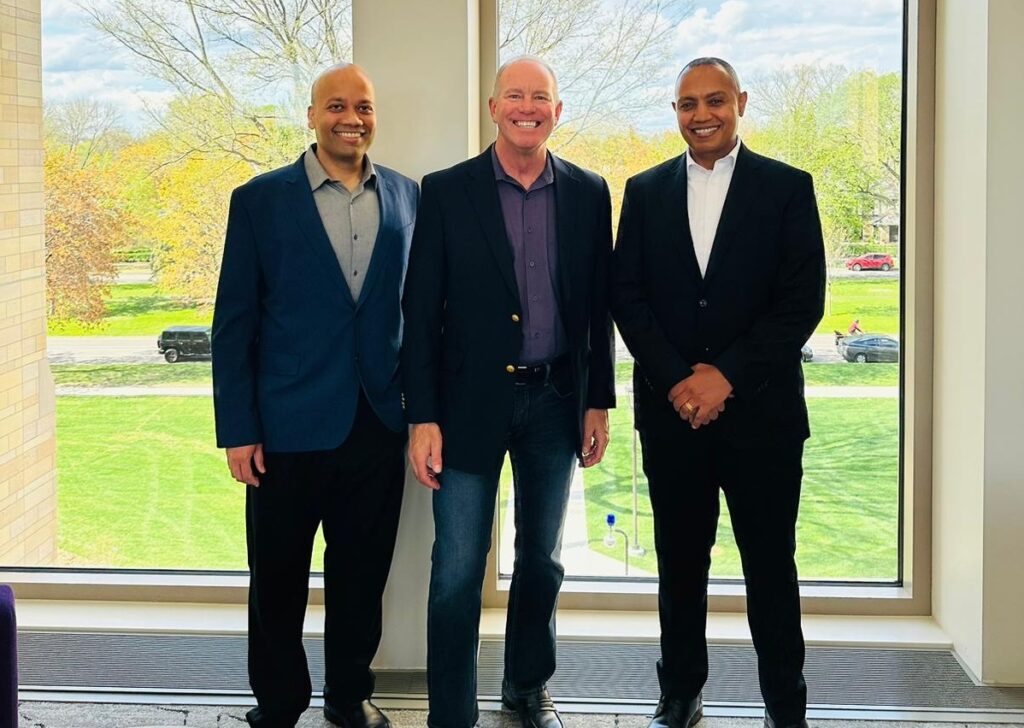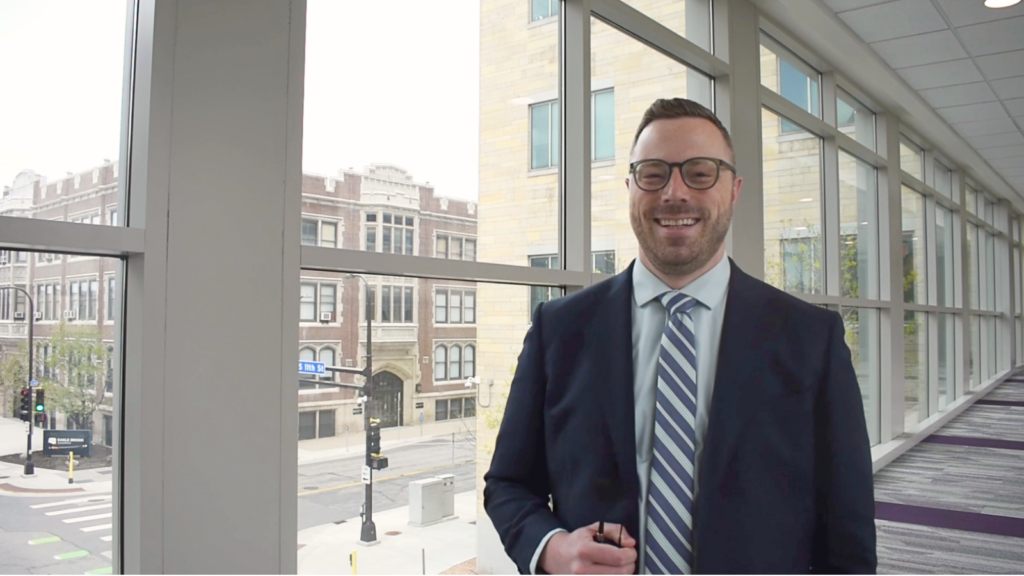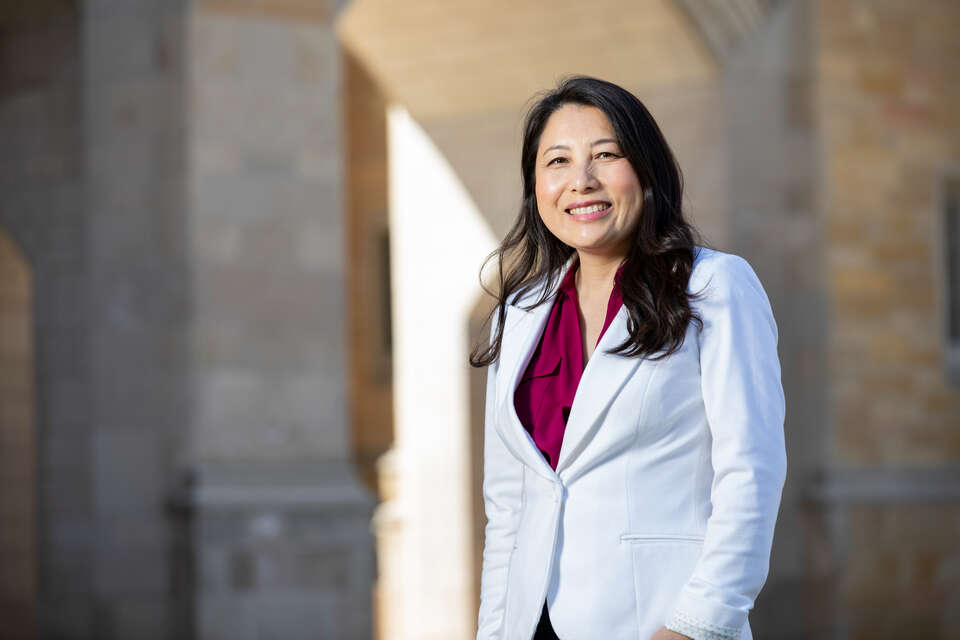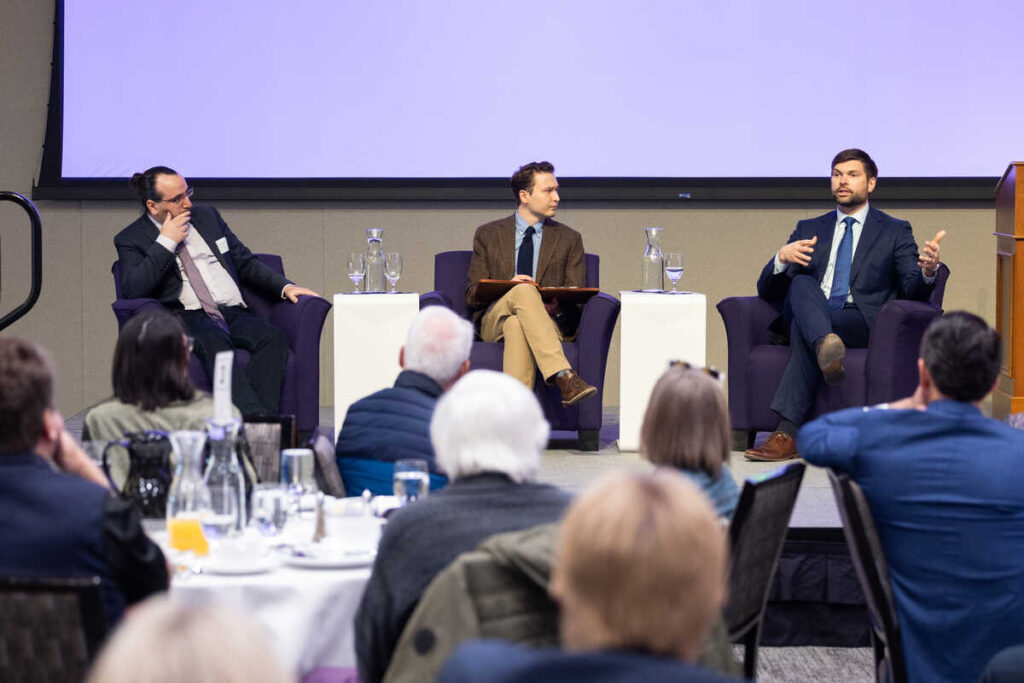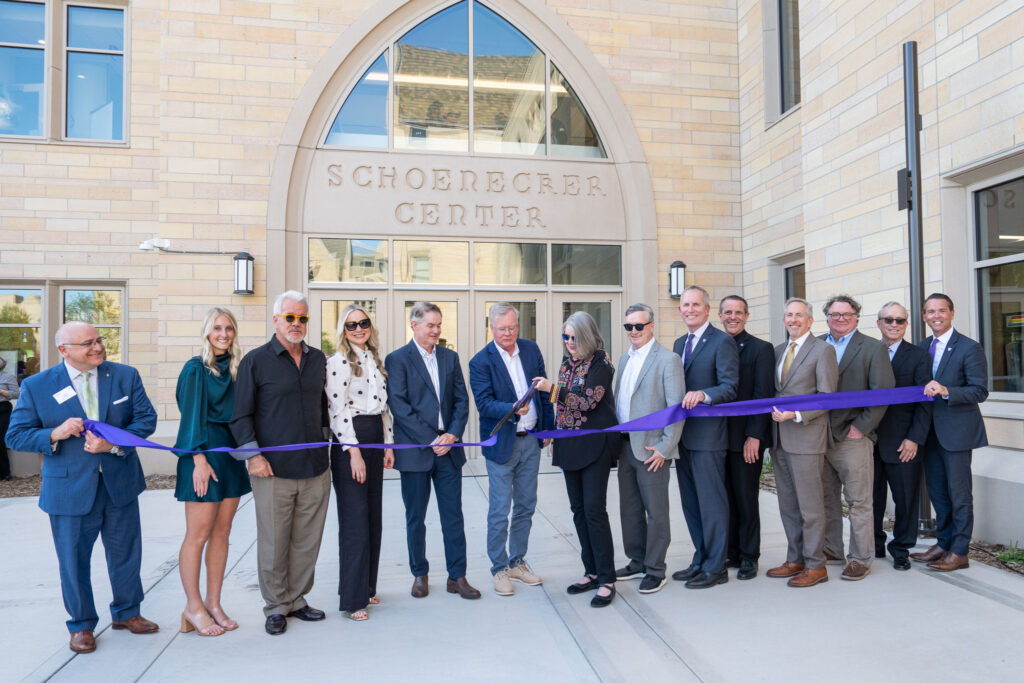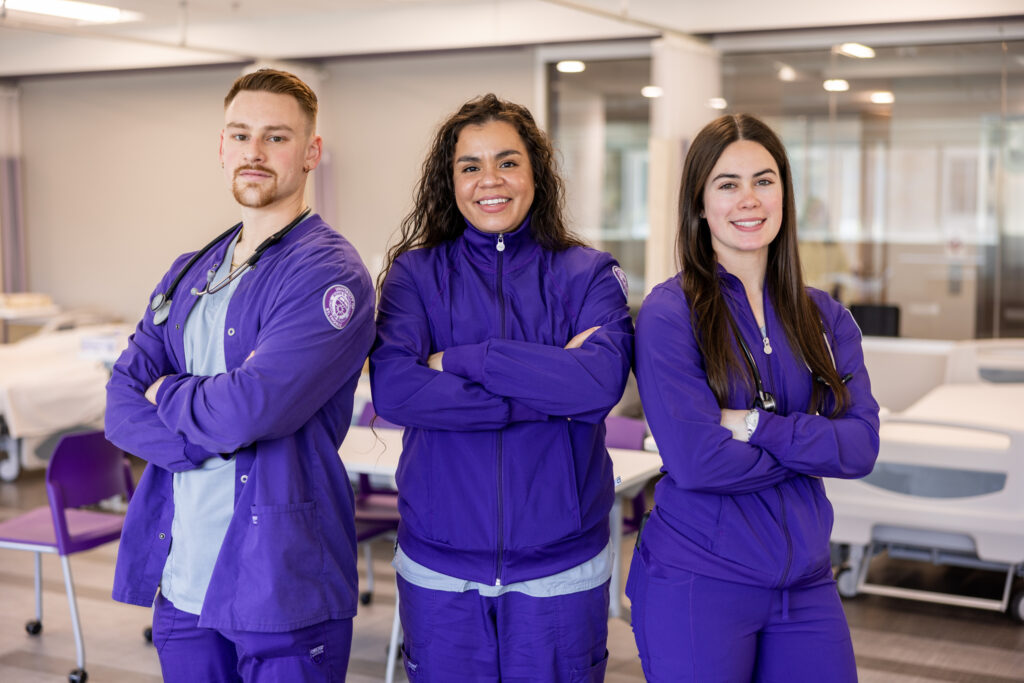For many cases, a U.S. Supreme Court decision is the end of the road. For Percy Dillon, however, the June 17 opinion that closed the door to reducing his sentence has opened a new legal window.
At the heart of the case is Percy Dillon, who has been in prison since a 1993 conviction for distributing crack cocaine. He was sentenced under mandatory sentencing guidelines that applied much harsher penalties to those who sold cocaine in crack form rather than powdered form.
Much has changed since 1993. Dillon became a model prisoner, developed an African-American studies program in prison with the University of California-Berkley, and helped fellow prisoners in a variety of other ways. Federal guidelines governing sentences of crack cocaine versus powder cocaine also have changed.
Add to that, President Barack Obama has issued his first presidential pardon, and Dillon again has hope that his sentence will be reduced.
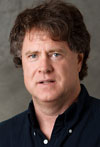
Mark Osler
Previously, University of St. Thomas School of Law Professor Mark Osler served as pro bono counsel to the Washington Legal Foundation for the amicus brief in U.S. v. Dillon. Now, he has signed on to help prepare a petition of commutation for Dillon as the next step after the U.S. Supreme Court handed down a decision that said that Dillon’s rehabilitation efforts in prison could not be considered in lowering his sentence when it was reviewed under the new crack-versus-powder sentencing guidelines. Federal Public Defender Lisa Freeland leads the case for Dillon.
Osler commented as he was working on the commutation, “The way I envision my work is that when there is no play for mercy, even when it is most warranted, that is where people of faith should inject themselves.” Osler has worked for many years on sentencing and capital-punishment issues.
A petition of commutation of sentence is submitted to the president of the United States through the Department of Justice. According to federal guidelines, those forms only can be filed after all other legal remedies are exhausted. If the petition is successful, Dillon could be released from prison.
Osler calls the crack-versus-cocaine cases some of the most important pardon decisions that Obama will have to face. On the campaign trail and after, Obama worked to reduce the discrepancy between the sentencing guidelines of crack versus powder cocaine which were shown to disproportionately affect impoverished communities and communities of color.
There are two factors that lead Dillon and his team to see this as a strong petition. One is Dillon’s demonstrated rehabilitation. In prison, not only did Dillon work with the University of California-Berkley to create an African American studies program for prisoners, but he also worked with Stanford University and collaborated with an outside agency to develop a program for high-risk youth. Personally, he obtained his GED and completed a number of educational certificate programs ranging from job training to African-American studies.
The other critical factors are the legal merits of the case. At the time of his original sentencing, the judge expressed that Dillon was receiving a much harsher penalty under the guidelines than the judge would have imposed.
During the Supreme Court argument, things took an interesting turn when Justice Anthony Kennedy questioned Leondra Kruger, assistant to the solicitor general, specifically about how many petitions were being processed through the Justice Department. The answer was zero, an answer that seemed to imply that at least some of the justices felt that was a path to a remedy for Dillon and possibly some of the other 185,000 prisoners currently in the federal system.
“It is an extraordinary case. That needs to be noticed going in,” Osler said, noting that he and other lawyers were on the phone discussing Dillon’s case as Obama announced the first pardons of his presidency.
Ironically, Dillon has only two years left on his sentence. He could be out before the process is fully exhausted, but as he has demonstrated through his rehabilitation in prison, it may prove to be more important that he leads the way for others.
